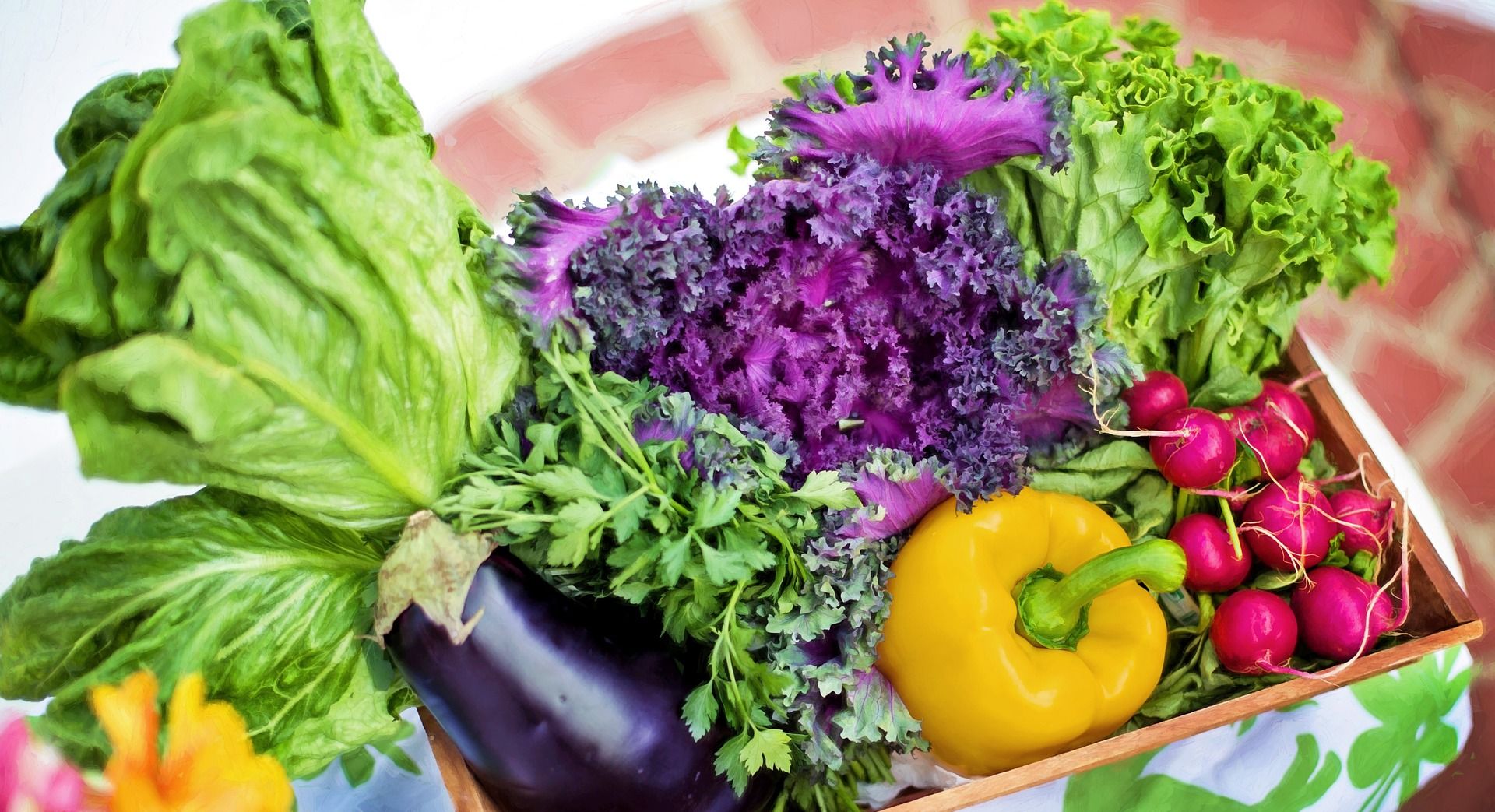OECS Commission Concludes High-Level meeting to prepare for 2021 WTO Agriculture Negotiations
OECS Media Release
As Members of the Organisation of Eastern Caribbean States (OECS) are coping with setbacks in the agriculture sector after unforeseen challenges, the OECS Commission proactively convened a high-level meeting to prepare and strengthen Member States’ capacities for the upcoming 12th World Trade Organisation's Ministerial Conference (MC12) scheduled for November/December 2021.
Senior Trade and Agriculture Officials from across the OECS region; representatives of the OECS Commission; and partners at the Commonwealth Secretariat, the Food and Agriculture Organization (FAO) and the World Trade Organization (WTO) met virtually for a two-day webinar on May 19th-20th 2021 on WTO Agriculture Negotiations.
Ambassador Stephen Fevrier of the OECS Permanent Delegation to the United Nations in Geneva recognized the value of the event in preparing Member States and the Commission to find common ground ahead of MC12. Ambassador Fevrier also highlighted the importance of seeking an outcome in the agriculture negotiations which allows the OECS to expand and preserve market access opportunities and prevent market-distorting subsidies which are against our interests. Ambassador Fevrier further noted that the Workshop has laid a platform for Member States and the Commission to undertake further work to strengthen the negotiating and policy responses for the agriculture sector.
Saint Vincent and the Grenadines Minister for Agriculture, Hon. Saboto Caesar, delivered the keynote address highlighting the important historical role of the Agricultural sector in the lives of Caribbean people. Minister Caesar spoke to the importance of the multilateral trading system, notwithstanding OECS Member States’ past grievances with the WTO. According to Minister Caesar
"The multilateral trading system continues to be critical to ensuring that we can contribute to the development of new international norms as they relate to agriculture and trade. Collectively, we are all better off by having a rules-based, predictable, fair and transparent system to conduct our affairs as a global community of sovereigns. But these rules have to take account of our concerns."
Minister Caesar emphasised that the agriculture sector is key to unlocking the full potential of the region’s socio-economic development, indicating that by harnessing the potential of the sector, the needs of the people of the region can be met.
Mrs. Jacqueline Emmanuel-Flood, Director of Economic Affairs and Regional Integration of the Commission, welcomed the timeliness and importance of this meeting, particularly given the vulnerabilities of the agriculture sector and the need to improve nutrition and food security. She implored Member States to continue to work closely with the Commission and present a unified approach at the upcoming WTO Ministerial Conference.
Dr. Brendan Vickers, Adviser and Head of the International Trade Policy Section at the Commonwealth Secretariat recognized the significant developments that have exacerbated the region’s trade challenges and vulnerabilities such as the disruption of the novel coronavirus (COVID-19) pandemic and more recently, the La Soufrière volcanic eruptions in Saint Vincent and the Grenadines. According to Dr. Vickers, the pandemic has had a significant economic impact on the six Commonwealth OECS countries. He noted that based on analysis conducted by the Commonwealth, had the pandemic not happened, the combined Gross Domestic Product (GDP) of these six countries could have been as much as US$1.2 billion higher in 2020. Dr. Vickers further indicated that had the pandemic not occurred, the global exports of these six countries in 2020 could have been as much as US$800 million higher in absolute terms (or about 19 per cent). Dr. Vickers concluded that these realities underscore the significance of the WTO agriculture negotiations for Small Island Developing States (SIDS) to cope with the effects of COVID-19 and other exogenous shocks.
The meeting benefited from the expertise of regional and international agriculture and trade experts including Ambassador John Deep Ford, former Ambassador of Guyana to the WTO and former Chair of the WTO’s Committee on Agriculture in Special Session. Representatives from the Food and Agriculture Organisation, the CARICOM Secretariat, Commonwealth Secretariat, OECS Commission and the Permanent Delegation of Jamaica to the WTO also made presentations.
